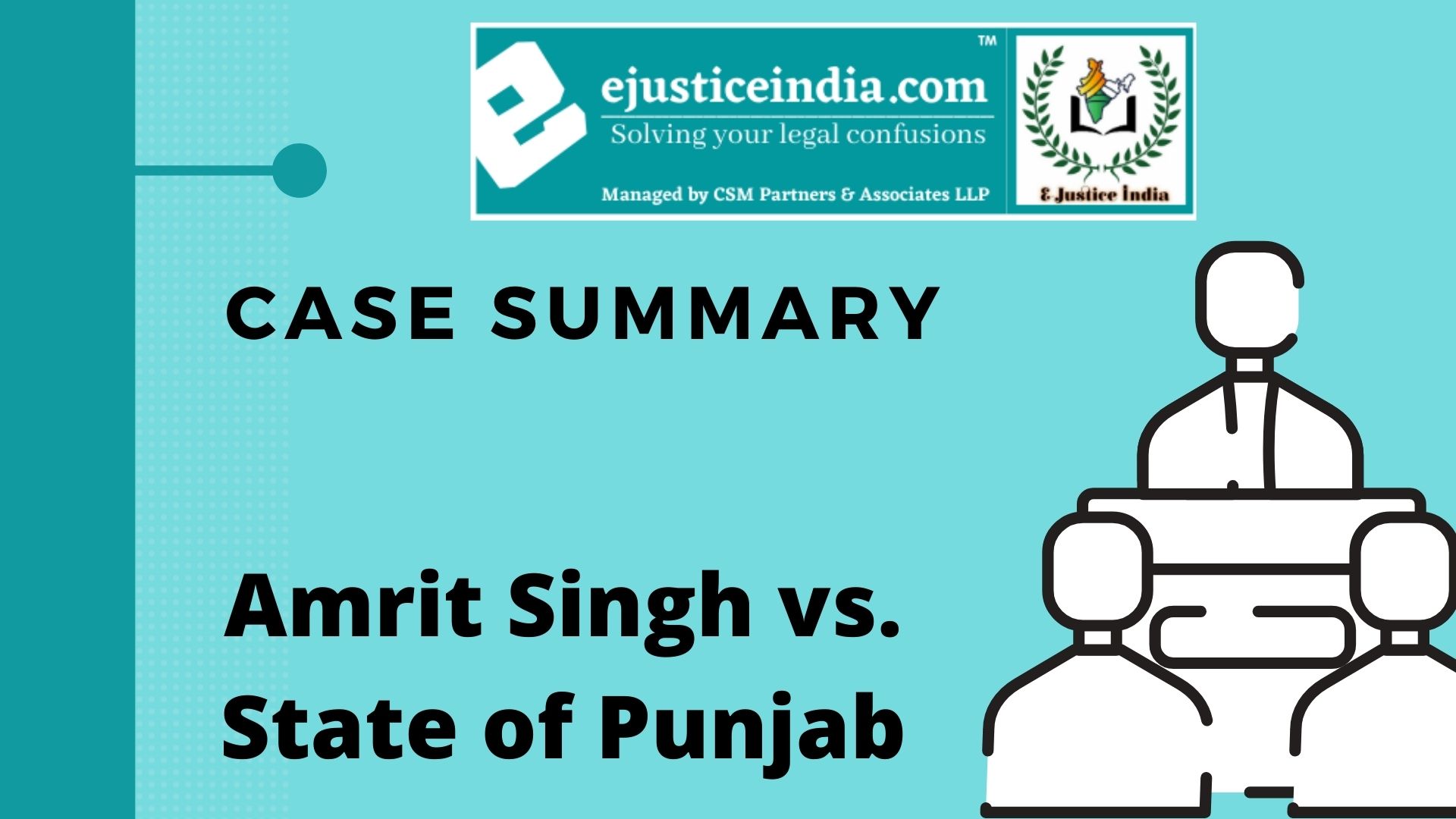SWAPNIL TRIPATHI VS SUPREME COURT OF INDIA
CASE NAME : SWAPNIL TRIPATHI VS SUPREME COURT OF INDIA
AUTHOR : VAIBHAVI BATRA
EQUIVALENT CITATION
(2018) 10 SCC 628
BENCH
CJI Dipak Misra, Justice A.M. Khanwilker and Justice D.Y. Chandrachaud
INTRODUCTION
In theory, it has always been asserted that every citizen in India can attend the proceedings of the Court. But, in reality things are quite different; many who are interested in hearing the proceedings are not allowed to enter on account of constraints of time, resources or unable to travel on day basis to attend hearing. Also on miscellaneous days of hearing, the Supreme Court is highly congested with no space to accommodate litigants, lawyers, law students or interns. Thus, on account of such peril, Supreme Court must make its proceedings online.
FACTS
A fourth year law student, Swapnil Tripathi, invoked the writ petition under Article 32 of the Indian Constitution, seeking a declaration that, “Supreme Court case proceedings of constitutional importance which have an impact on public at large or which are of public importance should be live streamed in a manner that it is easily accessible for public viewing.” Apart from this, the petition also mentioned that for future determination, which all cases would be qualified for live streaming and which all won’t be.
ISSUES AND FACTS OF LAW
Whether live streaming of the proceedings of the Supreme Court should be done with the aid of Information and Technology?
Whether the Supreme Court should live streaming of its proceeding and if yes, then under what conditions?
JUDGEMENT
The judgement was given by a three – judges Bench, with a majority it was held that, “proceedings of cases which are of national importance and have an impact on the public at large should be live broadcasted.”
The judges also wrote that, live steaming of the cases would strive to balance various interests regarding administration of justice, including open justice, dignity and privacy of participants to the proceedings and the majesty and decorum of the court.
However, the Court observed that, the cases which have sensitive issues like rape, sexual assault, matrimonial issues should not be live streamed.


